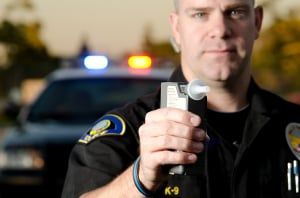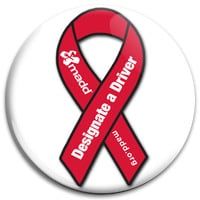 Michigan is one of twelve states that does not conduct sobriety checkpoints. While sobriety checkpoints remain a controversial issue in the minds of some people, they have been proven effective at reducing incidents of drunk driving. Many people assume sobriety checkpoints exist to catch drunk drivers, but the actual purpose is to keep people from making the choice to drink and drive.
Michigan is one of twelve states that does not conduct sobriety checkpoints. While sobriety checkpoints remain a controversial issue in the minds of some people, they have been proven effective at reducing incidents of drunk driving. Many people assume sobriety checkpoints exist to catch drunk drivers, but the actual purpose is to keep people from making the choice to drink and drive.
But, does Michigan need sobriety checkpoints? Of course, supporters say yes. The Centers for Disease Control (CDC) has found that sobriety checkpoints reduce alcohol-related injuries and deaths by 18-24%. This may seem surprising, but when we think about the real purpose of sobriety checkpoints, we can say they must be effective. The decision to drink and drive is less likely to happen if you know there are police officers waiting to catch you. With financial consequences, ignition interlock requirements or license suspension, sobriety checkpoints serve as reminders that it is safer to call a taxi for a ride home. This is why the numbers of injuries and fatalities decrease with the use of sobriety checkpoints.
Another issue some may bring up is that sobriety checkpoints are unconstitutional or may be a form of profiling. If implemented legally, checkpoints follow a specific pattern and going against the pattern could be cause for legal action against the police force. Supreme courts have found checkpoints to be constitutional, so the states that don’t participate usually do so for state-level reasons. The checkpoints save states money, too, an added benefit to the process.
During sobriety checkpoints, officers are looking for signs of inebriation and following a pre-determined pattern for pulling over drivers. For instance, officers may decide prior to setting up checkpoints that every fourth driver will be pulled over. This pattern must be followed consistently and if you end up arrested during a sobriety checkpoint, it’s because you were considered legally drunk and the fourth person in the pattern.
Michigan’s choice to support sobriety checkpoints rests on the residents of the state. With the benefit of safer roads, that choice should be just as clear as finding a sober ride home after drinking.

 How to “Tie One On” for MADD
How to “Tie One On” for MADD